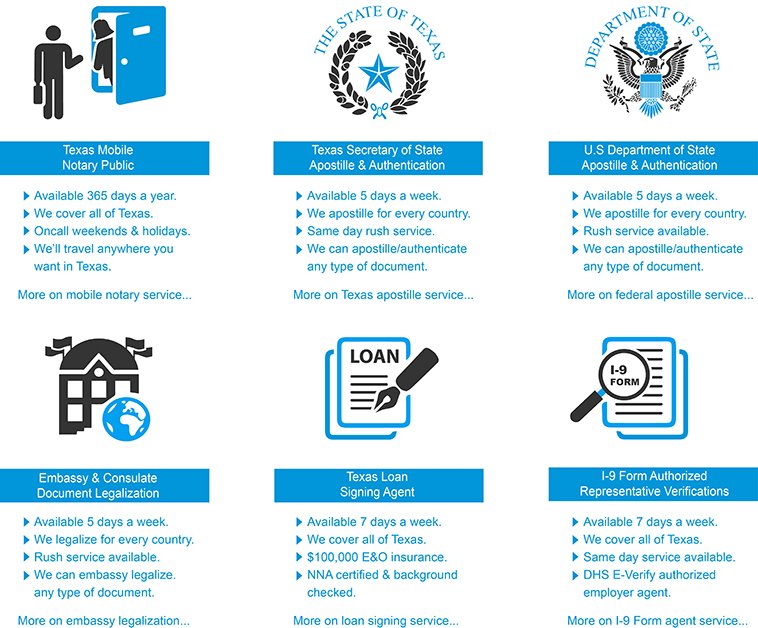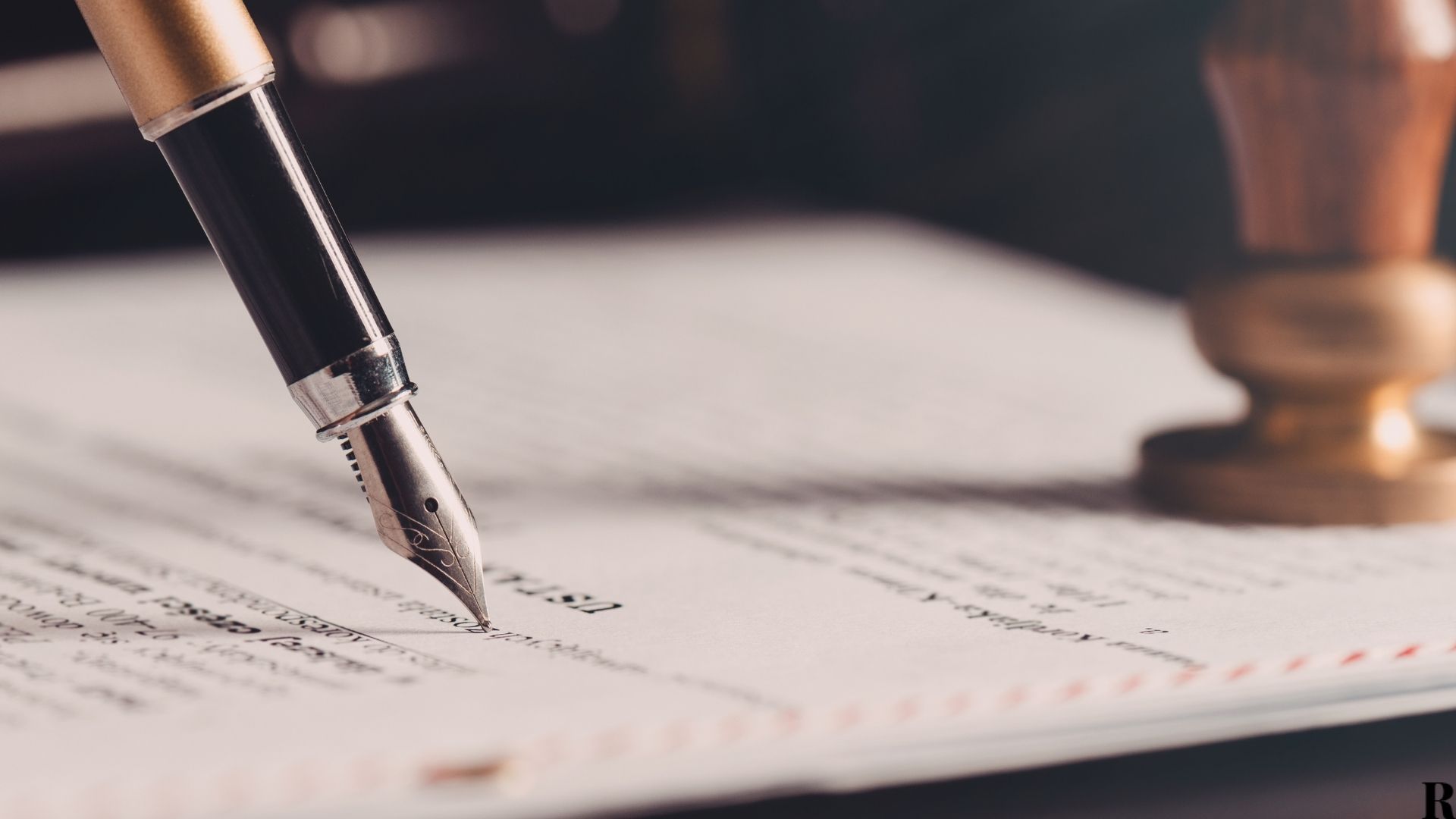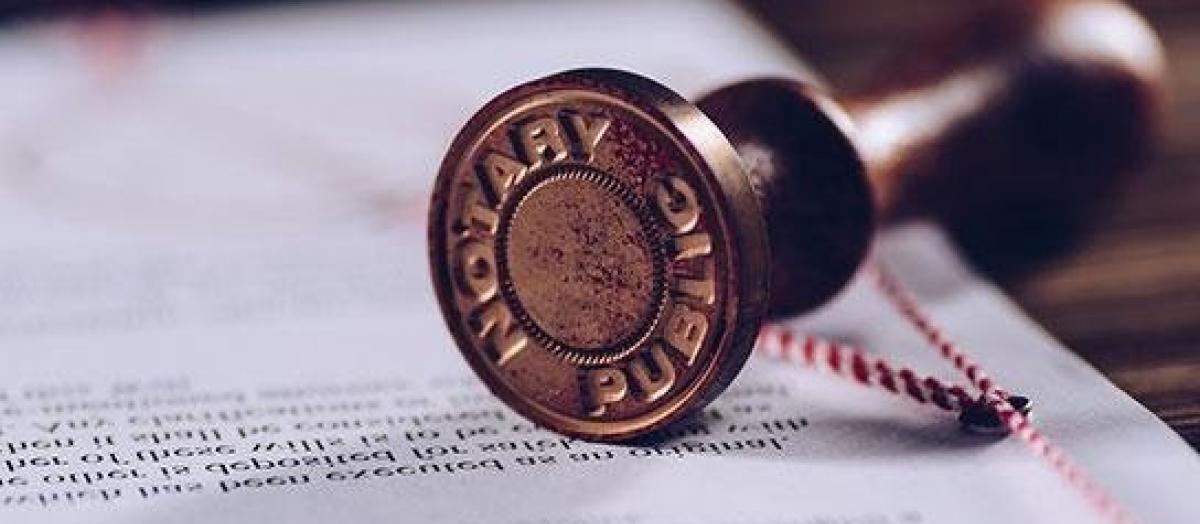Notary Public: Your Trusted Witness and Document Authenticator
Notary Public: Your Trusted Witness and Document Authenticator
Blog Article
Debunking Notarial Job: Simplifying the Function and Value of Notaries
Their function, commonly shrouded in secret for many, lugs substantial weight in ensuring the legitimacy and honesty of critical records. By deciphering the complexities surrounding notarial practices and losing light on the value of their acts, a clearer understanding emerges of the crucial duty notaries play in maintaining the textile of contractual and legal agreements.
The History of Notarial Work
Just how did notarial job progress in time to come to be an indispensable component of lawful and organization purchases? The history of notarial work dates back to old people, where scribes played an important role in recording essential information and authenticating records. As societies proceeded, the need for a more formalized system to make certain the credibility of arrangements emerged. This caused the development of notaries, people appointed by the state to serve as impartial witnesses in legal issues.
Throughout the Middle Ages, notaries gained importance in Europe, with their functions expanding to consist of composing lawful documents, accrediting trademarks, and protecting records. The surge of global profession better highlighted the significance of notarial operate in validating contracts and contracts across boundaries.
In the modern age, notaries continue to play a crucial duty in legal and company deals by confirming identifications, confirming the authenticity of documents, and avoiding fraud. Their role in certifying the credibility of arrangements adds a layer of safety and security and depend the ever-evolving landscape of commerce and legislation.

Responsibilities and Duties of Notaries
The historical development of notarial work from ancient human beings to the contemporary period has shaped the distinctive responsibilities and obligations that notaries support in lawful and business transactions today. Notaries play an essential function in verifying the authenticity of papers and the identity of notaries. One of their key duties is to witness the signing of important documents, such as acts, wills, and agreements, to guarantee that all parties are becoming part of contracts knowingly and voluntarily. Notaries also verify that notaries are of audio mind and not under duress or threat.
Additionally, notaries are entrusted with administering affirmations and vows, which are vital in lawful proceedings and the implementation of affidavits. They accredit copies of initial documents, giving guarantee to institutions that the copies hold true replicas of the originals. Notaries should keep accurate documents of all transactions they manage to make certain openness and accountability. Generally, the duties and responsibilities of notaries are essential in protecting the stability and legitimacy of different files and deals.
Notarial Certificates and Signatures
Exhibiting precise focus to detail, notarial certificates and trademarks offer as essential parts in verifying the credibility of lawful documents. Notarial certificates typically have important info such as the date of registration, the names of the notaries, a summary of the paper, and the notary's official seal. These certifications supply a clear document of the notarial act, making sure that the file can be easily determined and mapped back to the notary who looked after the procedure.
Signatures play a critical duty in notarial work, as they signify the agreement and authorization of the celebrations involved. Notaries thoroughly witness the finalizing of papers to verify the identification of the signatures and validate that they are signing of their very own free choice. By site fastening their official seal and signature to the document, notaries accredit that the required treatments have been followed and that the file is legitimate and enforceable.
Essentially, notarial certificates and signatures are the trademark of credibility in legal deals, offering guarantee to all parties included that the records are legit and binding.
Importance of Notarial Acts

Notarization Refine Described
Discussing the notarization process supplies quality on the essential steps associated with verifying lawful records. The registration procedure typically begins with the individual presenting the document to a notary public. The notary then confirms the signer's identity through acceptable identification approaches. As soon as the identification click for info is validated, the notary ensures that the specific authorizing the record does so voluntarily and without any kind of browbeating.

Conclusion

Notarial certifications usually have important info such as the day of registration, the names of the signatories, a summary of the document, review and the notary's main seal. These certifications give a clear record of the notarial act, ensuring that the document can be conveniently determined and traced back to the notary who supervised the procedure.
By attaching their main seal and signature to the paper, notaries license that the necessary treatments have been adhered to and that the record is enforceable and legitimate.
By confirming the identification of the signatures, validating their determination to enter right into the arrangement, and certifying the date and place of the signing, notaries play an important duty in promoting the credibility of lawful documents.After the document is signed, the notary will fasten their official seal or stamp onto the document.
Report this page